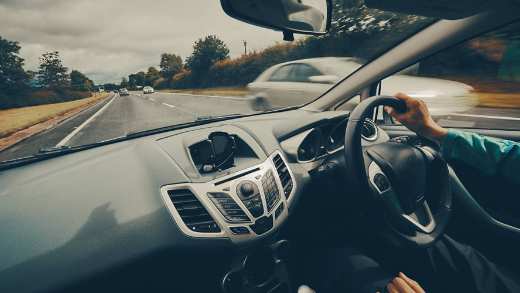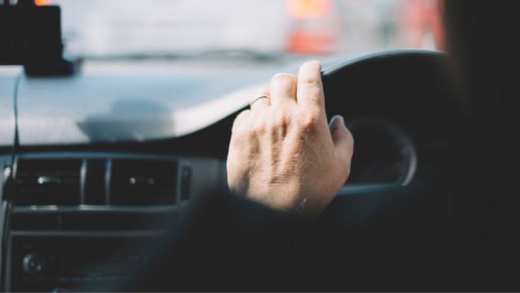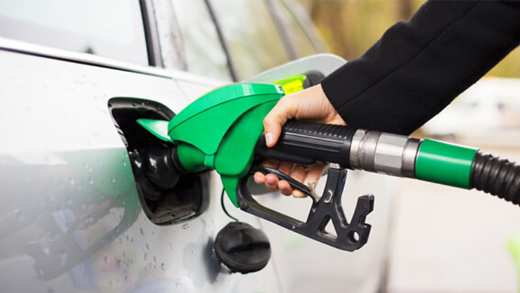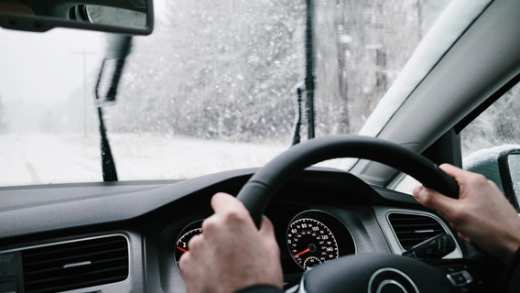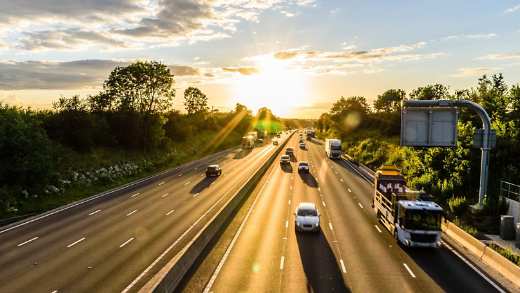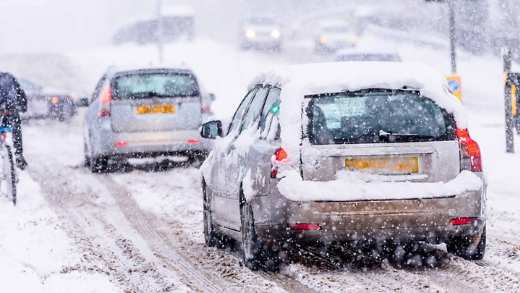
The benefits of our car insurance
What does our car insurance cover?
In short, it covers you against the cost of accidents, damage and theft. Exactly what we cover and how much for is down to the level of insurance you choose.
Car insurance for electric and hybrid vehicles
Car insurance for your electric and hybrid vehicles. We’ll be by your side for every mile you take.
Which level of Aviva Signature car insurance cover is right for you?
We offer two types of Aviva Signature car insurance cover. We've kept it simple. You can choose between comprehensive or third party, fire and theft cover.
Comprehensive car insurance
Comprehensive cover is a level of car insurance that covers you for more than just fire or theft, it will also cover you for accidental damage as well. With comprehensive cover, you also have additional benefits, and the option to explore additional add-ons.
Third party, fire and theft insurance
While this is our lower level of cover, it gives you more cover than the basic ‘third party’ cover that everyone legally needs on the road in the UK. However, third party, fire and theft won't cover you or your car, so you'll have to pay for any damage to your own car, and for any costs if you're injured.
Before we insure your car
See if you’re taxed with our car tax checker.
Make sure your MOT is up to date.
Knowledge centre
Browse through our reading list of articles in your own time and build up your knowledge on car insurance.
Compare the levels of Aviva Signature car insurance cover
Aviva Signature car insurance is there so that bumps, scrapes or crunches to your car keep any dents in your routine or bank balance to a minimum. Here’s what each level of our insurance will protect against.
If it sometimes feels like we’re speaking a different language, you can find explanations for the important terms and words in our car insurance glossary.
Unfortunately, we can't cover everything - make sure you're happy with what's not covered by checking our motor insurance policy wording.
| Comprehensive Car | Third Party Fire and Theft | |
|---|---|---|
| Loss or damage Money towards a new car if someone steals yours, or we'll arrange and pay for repairs if they're needed after an accident or fire | Included | Included Fire and Theft only |
| What you owe others If you injure someone, damage their vehicle or wreck their property in an accident, we’ll pay to put it right | Included | Included |
| Uninsured driver cover If your vehicle is involved in an accident caused by an uninsured motorist, we'll refund any excess you've paid. You’ll need to provide us with details of the other vehicle and driver | Included | Not included |
| Vehicle recovery If your vehicle's in no shape to drive after an accident or fire, we'll deliver it to one of our approved garages. We'll take you and your passengers home, get you where you're going or pay up to £500 towards the cost of an overnight stay or public transport. Geographical restrictions apply | Included | Included Fire and Theft only |
| Driving other cars Cover for driving someone else's car if you're 25 or over at the start of the policy, you're the vehicle policyholder and the vehicle's owner has given you the green light. It covers any third party costs, but not repairs to the vehicle | Included | Not included |
| Legal costs We’ll contribute towards legal expenses incurred as a result of an accident where you are found legally liable | Included | Included |
| Motor injury protection Cover for you, your partner or named drivers in case of serious injury or death from a road accident | Included £5,000 per person, per policy year | Not included |
| Individual no claim discount Build up a discount for each vehicle you insure on your policy when you steer clear of claims | Included | Included |
| Hang on to your no claim discount If you make a claim for loss or damage that wasn't your fault - such as incidents involving potholes, severe weather, flooding, or animals - your no claim discount will remain unaffected | ||
| Electrical breakdown Should you have glitches with your on-board computers, and any other electrical parts | ||
| Tyres Any punctures, cuts or bursts – even if they’re caused by braking |
Boost your insurance with our optional add-ons
You can customise your cover to suit your specific needs. As you progress through your quote, you’ll have the option to include additional features, with the associated costs clearly displayed. Before finalising your purchase, you’ll be able to review and confirm which extras you’d like.
Protect your no claim discount
Motor legal services
Courtesy car
Motor Injury Protection Plus
UK Breakdown cover
European use
Explore more ways we cover your vehicle
Regular cars aren’t the only way you might be zipping around. Cover more than one vehicle. Keep a van on the move. Or just cover yourself for a weekend away.
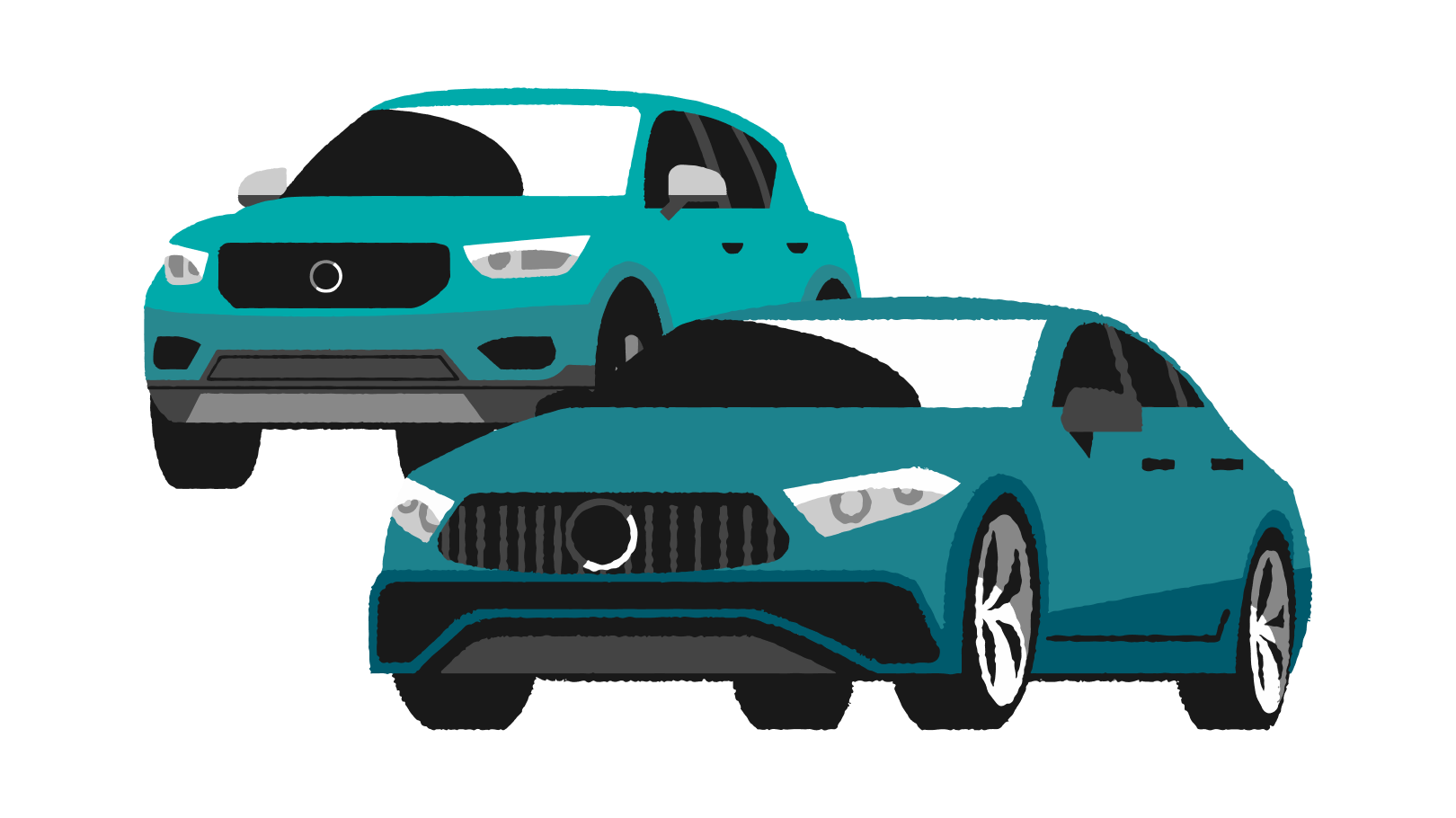
Save with our Aviva Signature multi car cover
If you have two or more cars at your house, the savings on your insurance with us can stack up. You get 10% off when you add additional cars or vans to your policy. Discount doesn't apply to optional extras. Footnote [4]
What you need to get an Aviva Signature car insurance quote
So that we can give you an accurate price, we'll ask for some information, this includes:
- A little bit about you – just the usual, like your name, your date of birth and your address
- When you want your cover to start – anywhere from right now to within 60 days
- Who else will be driving – we’ll need details of any other drivers too
- How much cover you’ll need – which type of insurance and any add-ons
Why choose us for Aviva Signature car insurance?
Our cover has been given a 5 Star Rating by Defaqto. Their experts lift up the bonnet of our policies, and sift through every nut, bolt and washer – it’s not based on opinions or hearsay.

Aviva Signature car insurance FAQs
How do you work out my car insurance price?
What's the difference between a principal policyholder, a vehicle policyholder and a named driver?
Do I have to use an approved repairer or specialist?
Am I covered to drive other vehicles?
Will my car insurance allow me to drive abroad?
Policy documents

Ask our chatbot for online help or to connect with our support teams
Car insurance knowledge centre
Get under the bonnet of car insurance and zoom through our reading list of articles in your own time.







